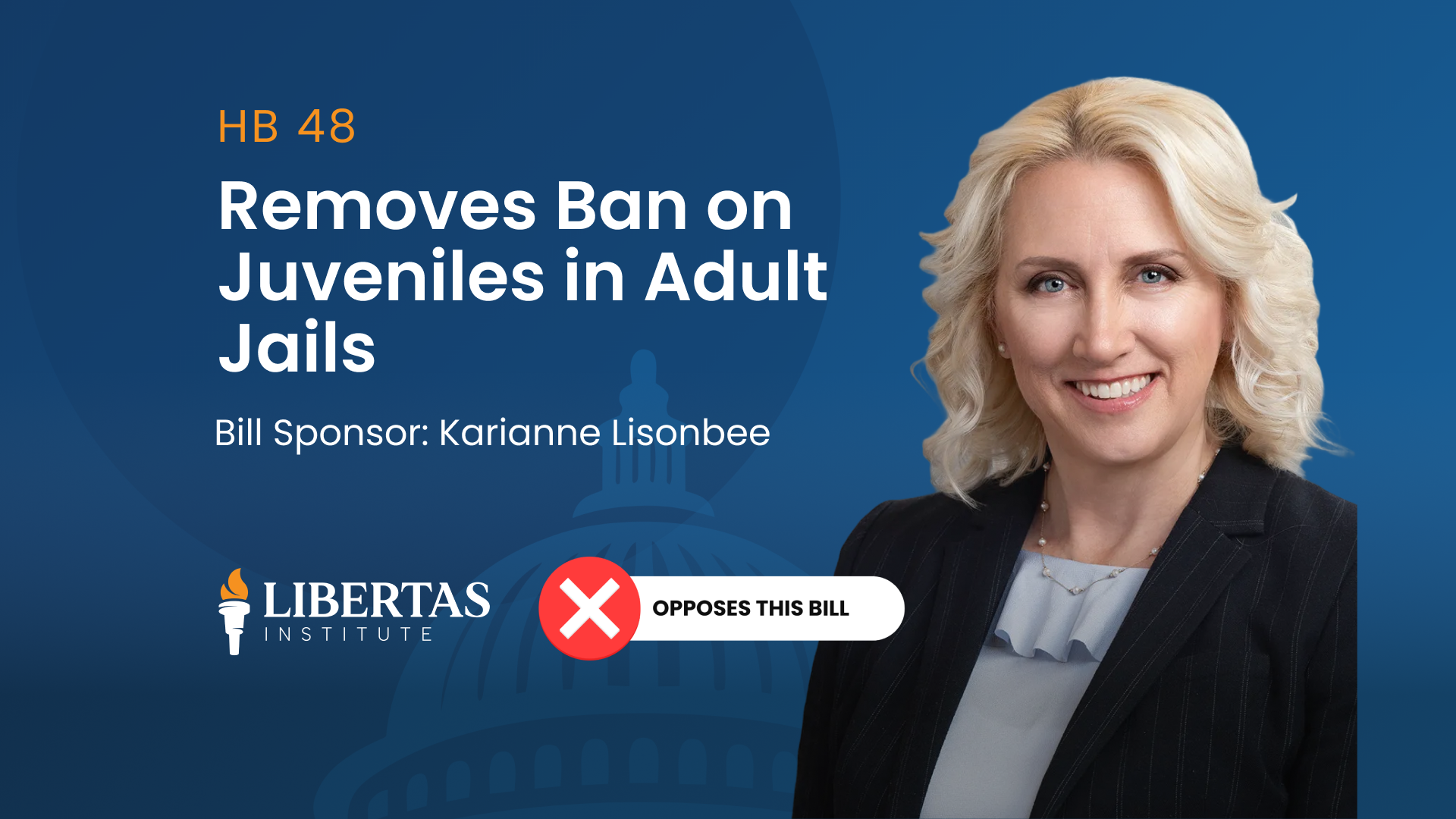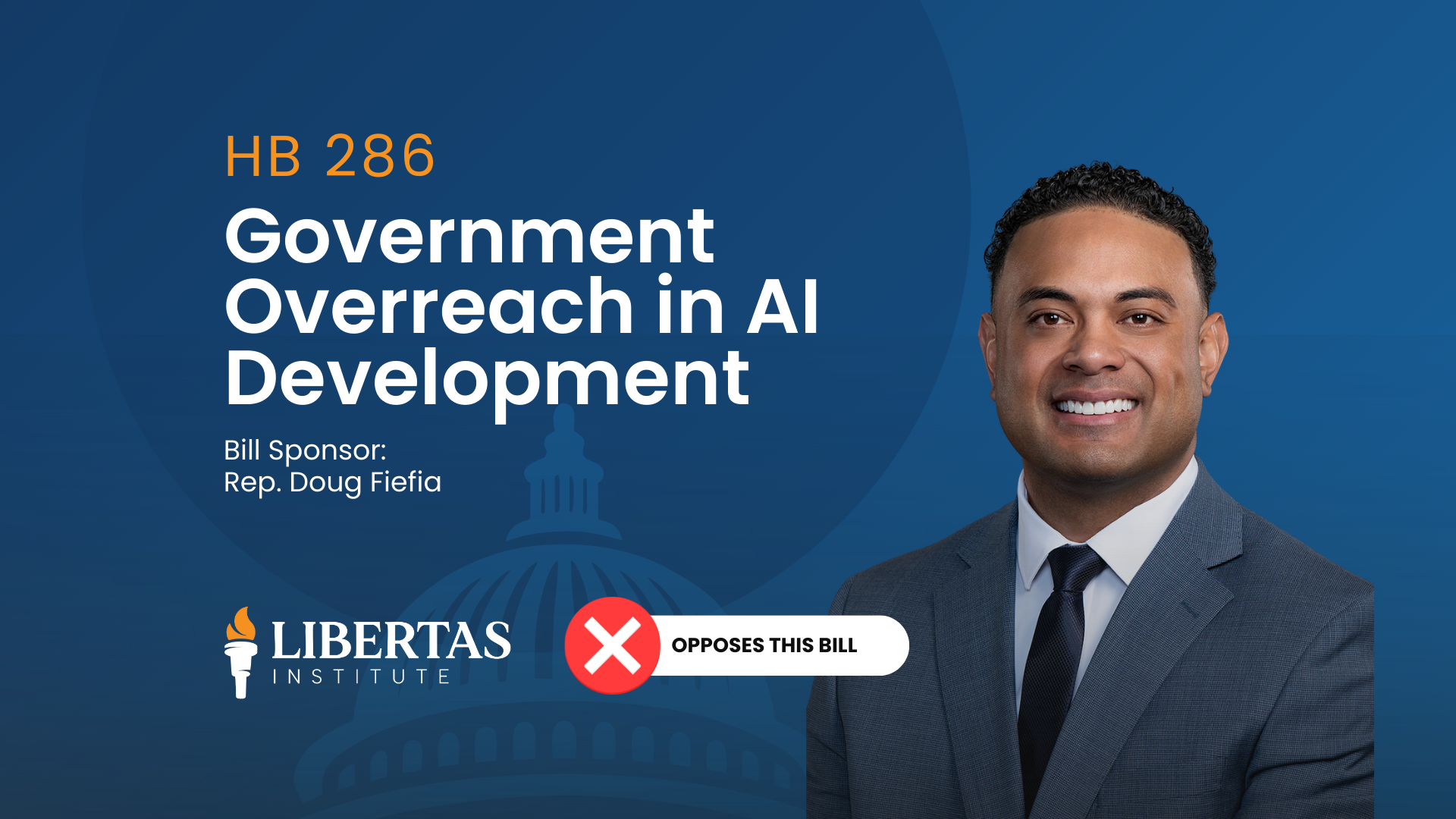This bill did not receive a vote.
Libertas Institute supports this bill
According to the 2022 Association of American Medical Colleges State Physician Workforce Data Report, Utah is ranked 41st in the nation for the number of physicians per capita in 2020. The same study also highlights that Utah ranked second to last in Patient Care Primary Care Physicians per capita. Additionally, in 2018, there were 29.5 active physicians per 10,000 people in the United States compared to 23.6 per 10,000 in Utah.
Clearly, the state is facing a shortage of physicians and does not have the workforce to adequately address the population’s health concerns.
The shortage of physicians is no small issue. In fact, it has had a detrimental impact on the state’s healthcare system. It has led to long wait times for appointments, overburdened emergency departments, and possibly even increased costs for both patients and healthcare providers.
Patients in rural areas of the state are particularly affected, as they may have to travel long distances to receive medical care. This can result in delayed or inadequate treatment, which can lead to serious health consequences.
This shortage of physicians in Utah has far-reaching consequences and requires a solution that addresses both the supply and demand sides of the healthcare workforce equation.
Unfortunately, current regulations in Utah are stifling the ability of qualified physicians to come to Utah and practice their profession and, thus, could be limiting readily available avenues to improve the state’s health outcomes and provide efficient access to care.
Licensing mobility provides a solution to this problem. Licensing mobility refers to the process of allowing licensed professionals, such as doctors, to more easily practice in multiple states or countries without having to go through an entirely new licensing process in each jurisdiction.
This is beneficial because it allows professionals to more easily move between states or countries for job opportunities, family reasons, or to serve areas with a shortage of licensed professionals. Licensing mobility can also help address workforce shortages and provide access to healthcare services for underserved populations.
House Bill 326, sponsored by Representative James Cobb, aims to alleviate the state’s shortage of physicians by expanding licensing mobility.
This legislation allows an individual to receive a provisional license to practice medicine in the state if the applicant meets certain requirements and holds an equivalent medical license. Requirements include having a full, unrestricted medical license from a designated country, passing an approved medical exam, having no pending investigations or disciplinary actions against their license, and submitting to a records and practice history review. Additionally, the physician must submit an application that includes information about professional liability claims and authorization to use a record coordination and verification service.
For an individual who does not hold an equivalent medical license from another country or jurisdiction outside of the United States, as defined by this bill, this legislation also details the education, examination, and practice history requirements, as well as the application process, fees, and background check requirements, among others, to gain provisional licensure. Some of these requirements include:
- Completing a medical program of study from a recognized medical school outside the United States, as recognized by an organization approved by the division and the board.
- Passing a qualifying examination such as the Educational Commission for Foreign Medical Graduates examination or the US Medical Licensing Exam parts I and II, approved by the division or a medical school approved by the division.
- Having held a full and unrestricted medical license in good standing in a country outside the United States within the last four years, and having practiced medicine as a licensed physician and surgeon outside the United States for at least five years.
- Practicing medicine as a physician and surgeon outside the United States for at least 3,000 hours during the five years immediately prior to the applicant’s application for provisional licensure.
- Not having any investigations or actions pending against the applicant’s health care license or having had a health care license suspended or revoked in a country outside the United States.
This bill also directs the department to convert a provisional license created in this bill into a full, unrestricted license after the physician practices in the state for three years.
Allowing foreign doctors to more easily practice in Utah broadens the pool of available healthcare providers and will bring a diversity of knowledge and experience to the state.
This also has the impact of reducing the burden on the existing healthcare system. With more doctors, patients will have easier access to medical care, which will ultimately result in improved health outcomes.
Additionally, having a larger pool of doctors from diverse backgrounds will bring a wider range of skills and perspectives, which can lead to better care for patients. Doctors from different countries bring their own unique cultural and professional experiences, which can lead to a better understanding of the healthcare needs of Utah’s diverse population. This can help to reduce health disparities and improve overall health outcomes. Furthermore, having a diverse healthcare workforce can help to build trust between patients and their doctors, which can lead to better health outcomes and better patient satisfaction.




